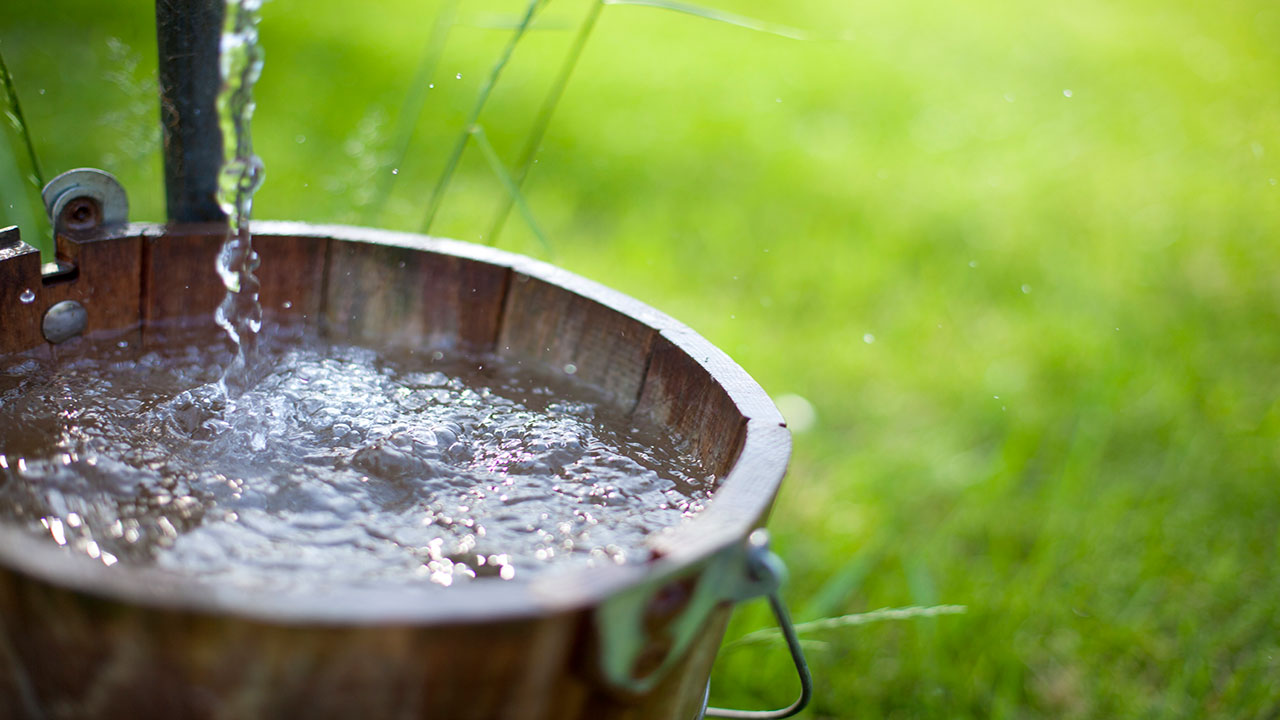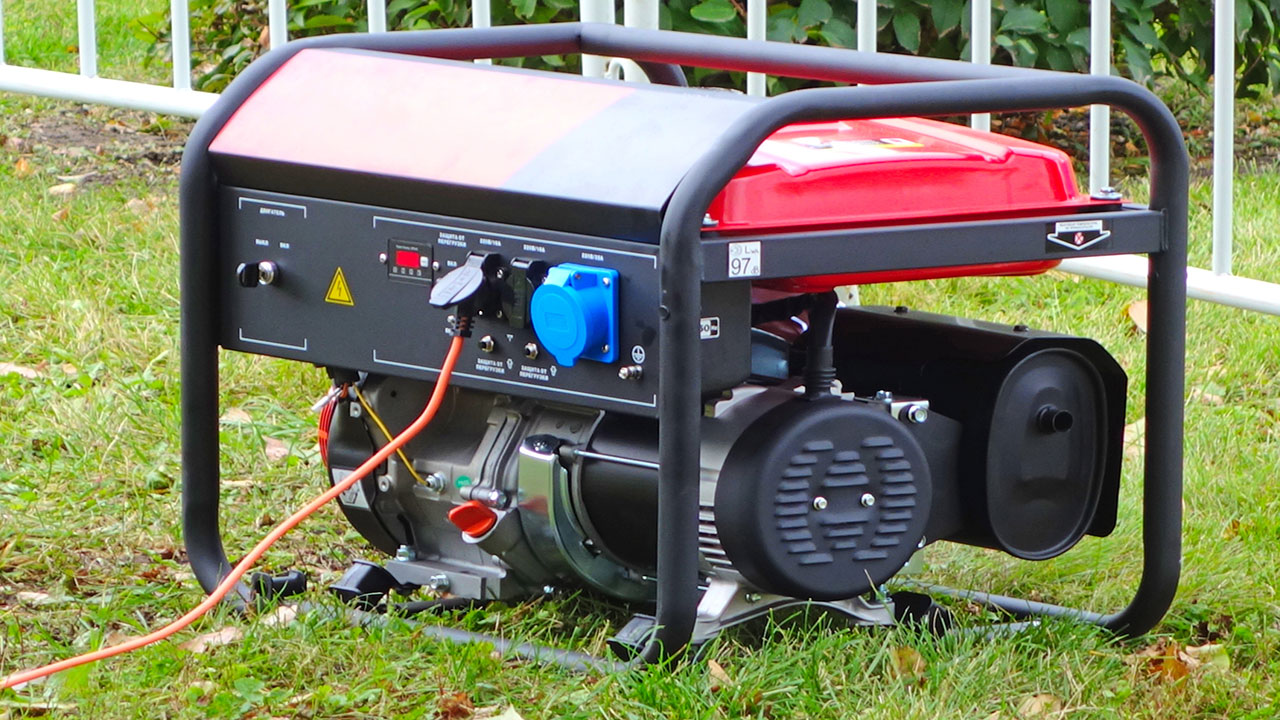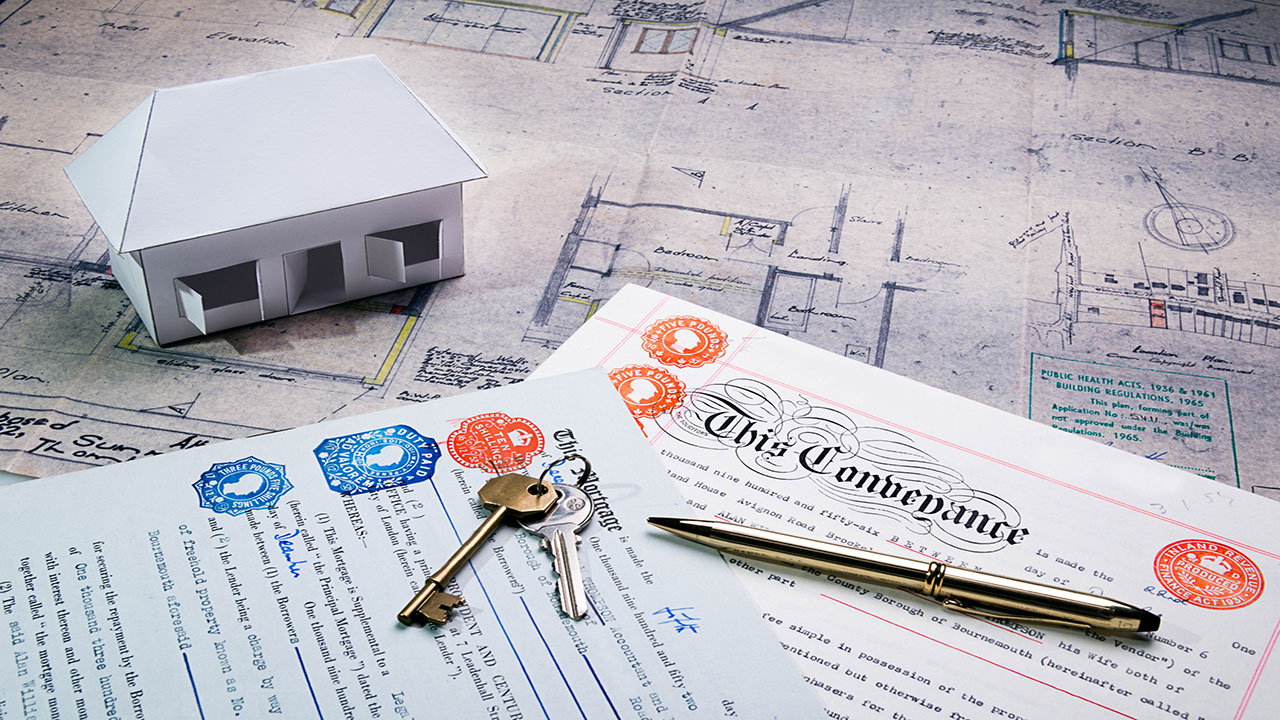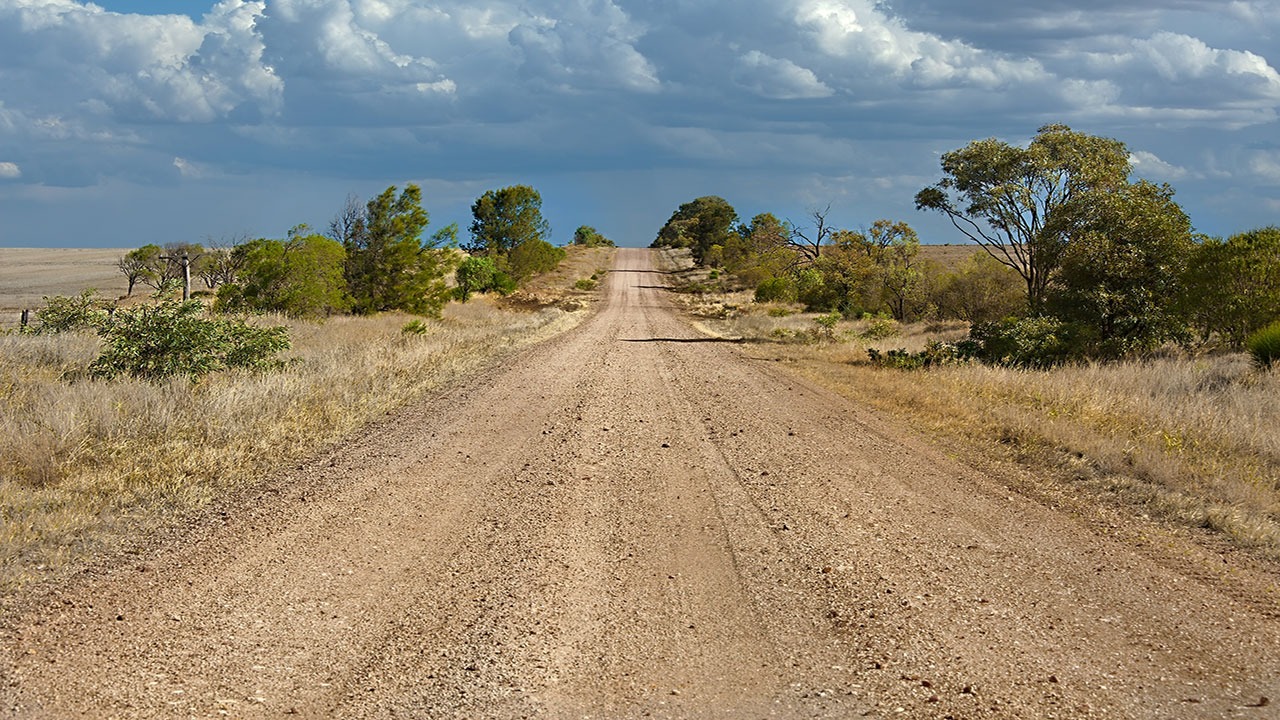9 Considerations to Make Before Buying in a Rural Area

The idea of having a ton of space outdoors is really nice, as is the tranquility and greenery that typically comes with acreage. But as pleasant as living on a large piece of land may be, there are certain factors that could make this type of living arrangement a bit of a hassle.
Here are some considerations you should make before you decide to buy a home in the country.
1. Water

Homes that are located in rural locations don’t usually rely on municipal water sources. Instead, they are typically fed by wells. As far as drinking water is concerned, there’s a possibility that the water flowing out of your faucet might not be safe to drink. You might need to invest in water treatment and softening, which is an extra expense.
Before you buy a rural home, it’s important that you have the well water tested to ensure there are no harmful chemicals or contaminants.
2. Sewer
Rural properties often depend on septic systems to collect sewage and stormwater. You will want to have the septic system inspected to determine its capacity to handle all the wastewater that will be generated by all residents of the home, as well as all the water that will accumulate from precipitation. The size of the septic system should be appropriate for the size of the house, as well as any other additions that may be built.
3. Power

It’s common for the power to go out in the middle of harsh weather conditions. In cases like these, power will typically be restored in urban centers before rural areas. As such, you may have to accept the possibility that you could be without power for quite a while before it is restored in your area. Residents of rural communities often have backup generators for this specific reason, in addition to an electric pump for wells.
4. Garbage Removal
If you’ve been a city dweller up until now, you’ve been enjoying the trash pick-up services provided by the municipality. In rural areas, however, you will probably be responsible for transporting your trash to the dump on your own.
5. Commute to Work

All that acreage that you are enjoying might be nice, but have you considered the drive to and from work? In addition to the distance, you should also consider the actual roadways that you will be traveling on.
Rural areas aren’t exactly known for their innovative transportation systems, and many of them consist of dirt roads to get people in and out of the area. And although California isn’t exactly known for its rainstorms, any precipitation that does happen can wreak havoc on rural roadways.
6. Boundary Lines
Depending on how large the lot is, it might be difficult to determine exactly where the boundary lines are between your property and that of your neighbors. This is particularly concerning for lots that are several acres in size. In this case, it’s a good idea to get the property surveyed before purchasing it in order to identify the precise boundary lines in case there’s ever a dispute with your neighbors in the future.
7. Deed Restrictions and Zoning Bylaws

You might have elaborate plans to build a large workplace or barn, start a business on site, do some hunting on the land, or even fill the property with farm animals. While the space might be more than adequate for these ideas, the local zoning ordinances and deed restrictions might stand in the way of these aspirations. You’ll want to find out what the rules are about how you can use the property before you make a purchase.
8. Property Maintenance
A large piece of land is a lot to take care of. Just cutting the grass alone can be a very time-consuming task. Before you buy acreage, make sure you’ve got the time to dedicate to this household chore.
9. Road Maintenance

In the city, municipal workers take care of all the road maintenance on behalf of the residents of the community. But in the country, there are instances where homeowners themselves are responsible for maintaining roadways that lead up to their homes. That means you will have to take care of any potholes and debris. Be sure to go in equipped with some heavy equipment to help you take care of your own roadway if you’re the one responsible for its maintenance.
The Bottom Line
Country living isn’t for everyone, but for those who are looking to get away from the concrete jungle of the city, it can be a great escape. If you’re longing for the peace, space, and greenery of the country, make sure you’ve considered all aspects of country living before you make a purchase.


